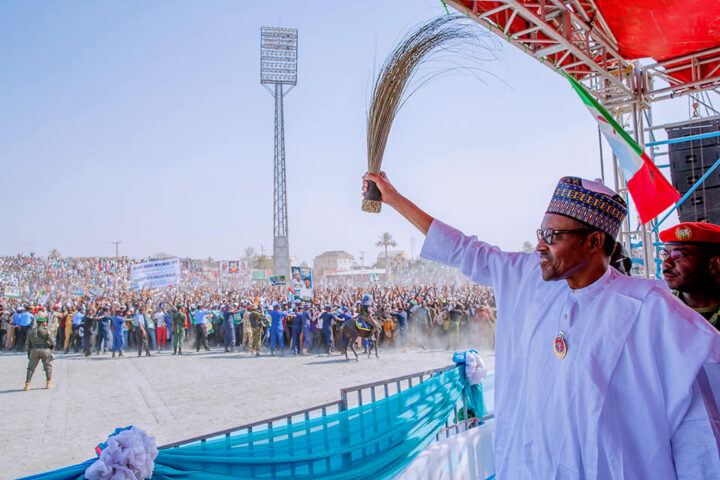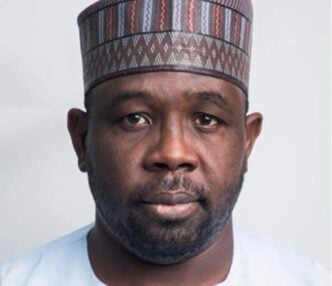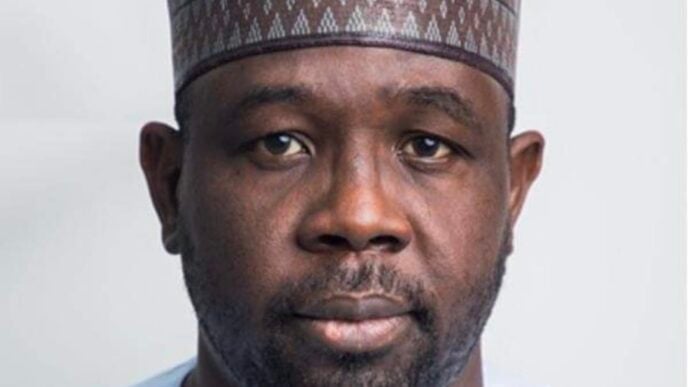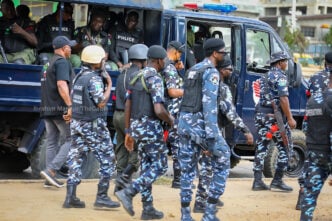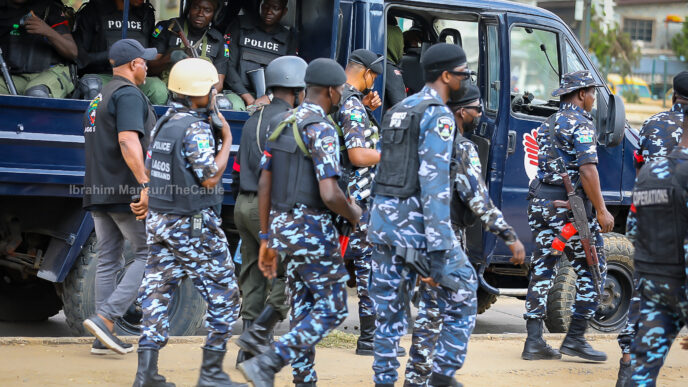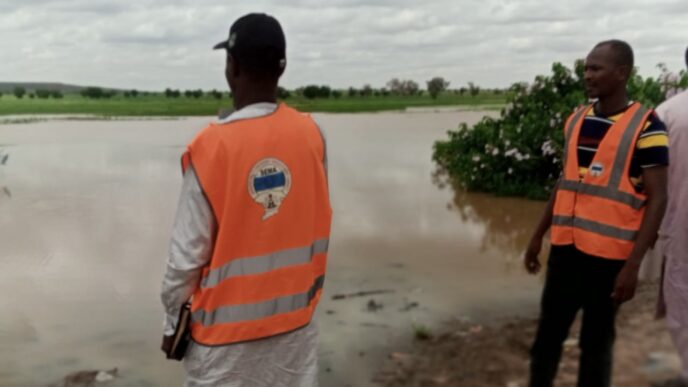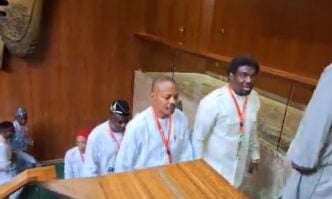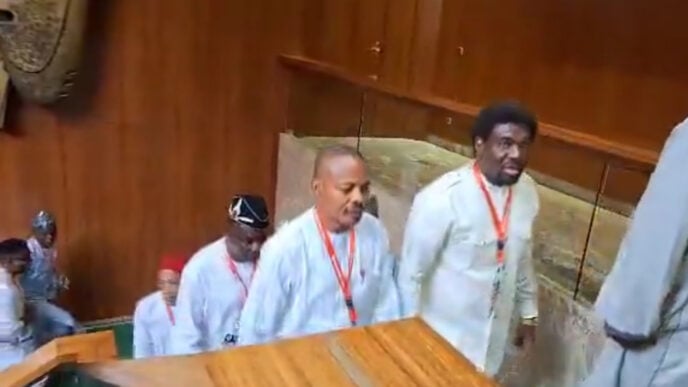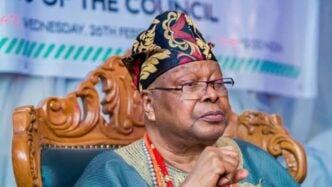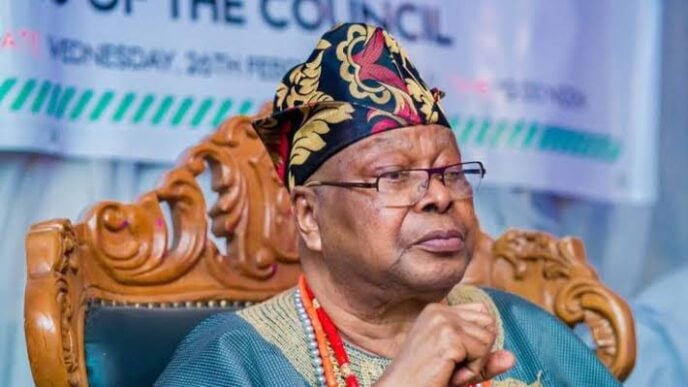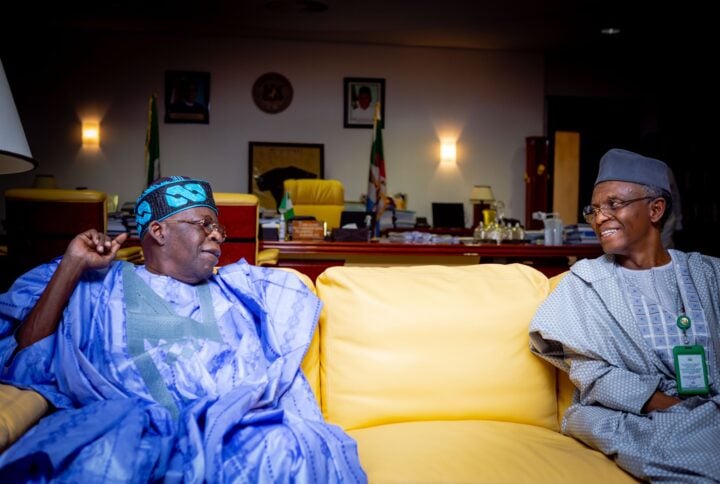BY OLU ALLEN
In the wake of Muhammadu Buhari’s death, Nigeria is not just witnessing the passing of a former president. It is watching the quiet disbanding — or perhaps the reshaping — of a formidable political cult: a loyal bloc of over 12 million Nigerians who saw Buhari not just as a politician, but as a moral archetype, a messianic figure.
For two election cycles, this support base held firm. Rain or shine, economic hardship or national insecurity, they voted. They defended. They believed. Buhari’s image — austere, disciplined, religiously grounded — resonated deeply across the northern heartland. To many, he was not just Mai Gaskiya (“the honest one”), he was Baba — a man of sacrifice, a mirror of their suffering, and a custodian of their hopes.
Now, the question is simple but profound: Who inherits this loyalty?
Advertisement
To assume these 12 million Nigerians will simply shift allegiance to the ruling APC, or blindly follow the next northern candidate, is to underestimate the depth of Buhari’s emotional and symbolic appeal. His popularity was never just about the party. It was about persona. No other northern politician in recent history has been able to command such adulation — not Atiku, not Kwankwaso, not any current governor.
This vacuum matters.
Nigeria’s politics, especially since 1999, has often revolved around “structures.” But Buhari’s base was more than structure. It was sentiment, memory, and identity. It fused his military past, his perceived frugality, and his religious credibility into a potent myth. Even when his governance faltered, the myth endured. People queued for hours to vote for that myth.
Advertisement
So, who now steps into that space?
Bola Ahmed Tinubu, despite his current hold on Aso Rock, does not carry the emotional weight Buhari did in the north. His political strength lies elsewhere — in machinery, not mythology. Atiku Abubakar, for all his years of ambition, has failed repeatedly to consolidate mass trust across the north in the way Buhari did. Kwankwaso has a movement — the Kwankwasiyya — but it remains regional, more cult of Kano than cult of the north.
Could Peter Obi, the surprise force of 2023, make inroads here? Possibly. His anti-corruption rhetoric, emphasis on prudence, and outsider status echo early Buhari narratives. But the question remains whether Obi can culturally and emotionally connect with Buhari’s base — a base that often equates political trust with shared geography, religion, and symbolism. A few viral videos in the Arewa dialect may not be enough.
In truth, Buhari’s death may mark the beginning of a political dispersal rather than a handover. His loyalists could splinter — some into apathy, some into new alliances, and others into nostalgia-fueled conservatism waiting for the next “pure” leader to emerge.
Advertisement
This fragmentation could reshape the politics of 2027. Without Buhari as a unifying symbol, northern votes may no longer be delivered en bloc. Power brokers who once relied on Buhari’s image may now find the terrain less predictable.
For Nigeria, this offers both risk and opportunity.
Risk, because power vacuums often invite manipulation, division, and opportunism. But opportunity, too — to build a new politics not around cults of personality, but around ideas, policies, and accountability.
Still, one must not dismiss the weight of emotional politics in Nigeria. Buhari’s myth may outlive his presidency and his person. Like Awolowo in the southwest or Zik in the east, Buhari’s legacy in the north could remain a reference point for decades. The challenge for any successor is not just to fill his shoes, but to command that same trust.
Advertisement
For now, his 12 million loyalists stand politically orphaned. Whether they find a new home or become the swing force that defines the next election remains one of the most important questions in Nigerian politics today.
Olu Allen is a writer and educator who resides in Kano. He contributes commentary on politics, society, and culture in Nigeria.
Advertisement
Views expressed by contributors are strictly personal and not of TheCable.
